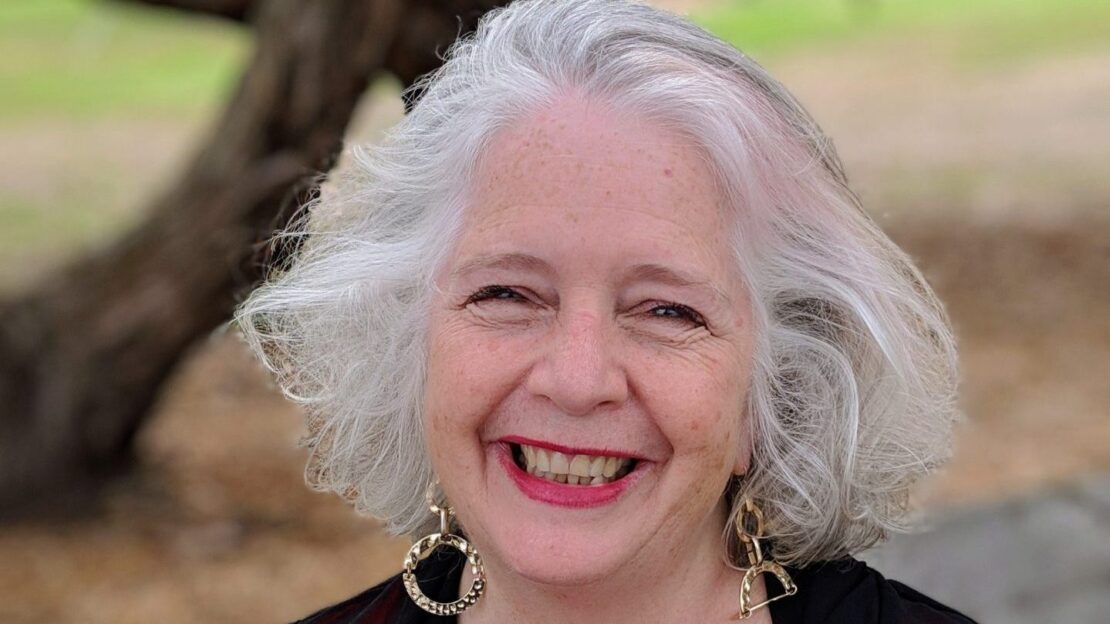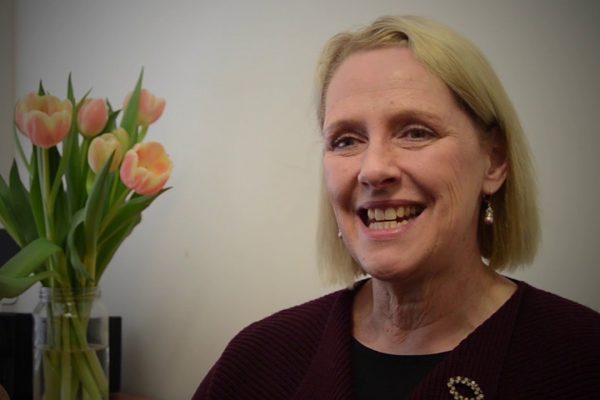I am the oldest of seven siblings who learned to squeeze ourselves into one pew at Mass, put 7 x 10 cents on the plate and, while pretending to pray virtuously, kept looking out for friends from similarly large families dragooned into Sunday worship by their parents. We were a family of faith; members of the Catholic tribe with its pride and particularities, doctrine and dogma, benedictions and blasphemies, its certainties and contradictions, its moral courage and sinfulness – a great, imperfect, inclusive, judgmental erring human institution of two thousand years with its stained-glass stories of glory and eternal life and the central and abiding goodness of one man, Jesus of Nazareth.
(How lovely then to hear Father Hoang refer to Father Timothy Fitzpatrick recently at Mass. I remember when we lived in Belmore Road in the late 1960s, every Sunday, we would head up Rostrevor Parade to Strabane Avenue and the green wooden building that did service as St. Joseph’s Chapel, a small outpost linked to OHR. I had not thought about Father Fitzpatrick for years, so said a quick prayer for this quiet man of God who served the parish faithfully for over 30 years so long ago).
Today, we are a family of different leanings. We have grown up and life and its myriad lessons and experiences have challenged and changed us. We are a loving, supportive and motley crew who are now scattered around the country in Brisbane, Bendigo, Christmas Hills, Eaglehawk and the suburbs of Melbourne. We are worlds away from the parochialism of those more innocent times. In today’s secular pluralist society, we are trying to be ordinary decent honest citizens whose actions are informed by compassion and justice. We are living out, more or less, the moral template left behind by our parents and the years of education in a system that prioritised loving God and loving neighbour.
My parents’ active faith gave the family a good foundation. A couple of us are still practising Catholics – trying to get it right; others are more of the cultural brigade but still want the big Catholic events; one is not sure about it all because he is of a scientific-rational bent and another has done quite a lot of Buddhist formation. But our hearts still beat with those lessons of childhood about kindness and sharing and the handing on and down of toys and clothes and books; looking out for those who did not share our good fortune and life chances, being mindful of fellow travellers, all God’s children, on this great adventure called life.
Recently, Tony Abbott wrote of the quiet faithfulness that blesses our neighbourhoods, workplaces, schools and churches. These are our lives, in their daily ordinariness and goodness. I see that quiet faithfulness all around me, its constancy and groundedness, its light in a troubled world. Quiet faithfulness is what is needed when the world is noisy with opinion and clanging with opposition, when the din and damage of the fevered and frenetic pushes us to become less than we should be.
We have seen how contested the public space has become for people of faith. We have seen words traded that do not become the public conversation where civility should be the arbiter of discourse, not vitriol. Perhaps we should not be too quiet! We know in our own families, communities and workplaces just what goodness is abroad in so many unsung ways. This is what holds us together, that glue and grace of belonging to something bigger than ourselves.
The way we belong has changed over the years and we understand that we belong in more nuanced ways than we did when belonging had an unquestioning homogeneity about it. Some of us have held steadfastly to those more traditional ways, others have loosened their connection, some have found other ways to find meaning and identity. This does not mean that suddenly we are on different sides. It means that we are responding to the world in a way that is real for who we are and where we find ourselves. This can set up contest and division if we allow it to, but it also means that we need to have mature conversations where inclusivity means that respect is allowed for all views, even if disagreement is the result.
Recently, a wise woman in our parish cluster reminded me of the need not to butt heads with the increasingly secular impulse, but to look for the sacred in the secular, to see the buds of faith alive around us, giving us some spiritual ballast when the social current is turbulent. Pope Francis reminds us that there are three fundamental guidelines to help dialogue with others; the duty to respect one’s own identity and that of others, the courage to accept differences and sincerity of intentions. He reminds us that we are all fellow-travellers and that rather than living in an era of change, we are living in a change of era.
And so, as we deal with social changes that may upset our worldview or make us feel that we are at odds with a more progressive paradigm, let us be reminded of those beautiful words of the Psalm 91:4-5: He will cover you with His feathers, and under His wings you will find refuge. His truth is your shield and armour. You do not need to fear terrors of the night, arrows that fly during the day.




Comments
Add Comment